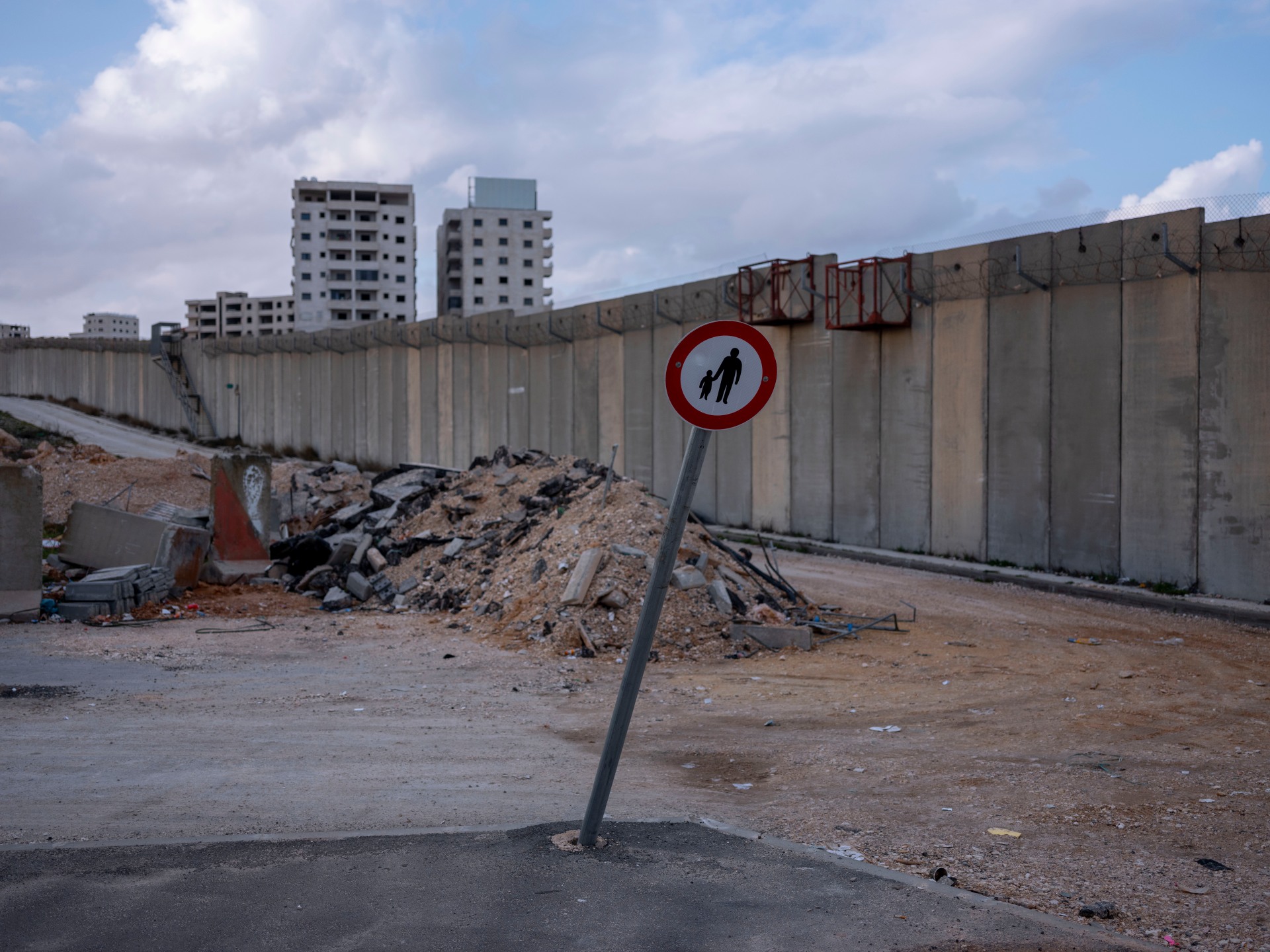Breaking down Israel’s regulations on foreigners in the West Bank

Israel has delayed the implementation of revised restrictions on foreigners entering the occupied West Bank after a widespread backlash.
Israel has published a draft set of rules that would restrict the entry of foreigners to the occupied West Bank.
The regulations, which are set to come into effect next month, would affect foreigners wishing to visit, do business, reunite, and reside with their Palestinian families, work or volunteer in the West Bank, or study or teach at Palestinian academic institutions.
Israeli authorities have been forced to delay the regulations (PDF), which were set to come into effect on Monday, after widespread criticism. Authorities amended and withdrew some of the most restrictive sections, such as a rule that would have forced a foreigner to inform Israel within 30 days of starting a relationship with a Palestinian in the West Bank.
However, Palestinian legal experts, academics and digital rights groups have expressed outrage over the incoming Israeli policy, which they say further complicates the rules of movement, and adds restrictions to an already convoluted system.
HaMoked, a Jerusalem-based human rights organisation, criticised the new rules, saying that Israel will “prevent thousands of families from living together for blatantly political reasons”.
“The Israeli military’s procedure on the entry of foreigners to the West Bank violates Israel’s international legal obligations and HaMoked will continue its legal challenge of it,” the group tweeted.
Visitor entry permits
Foreigners entering the occupied West Bank have to obtain a permit from The Coordination of Government Activities in the Territories or COGAT, which works in coordination with the Palestinian Authority and with the Population and Immigration Authority of the Israeli Ministry of Interior.
The different types of permits are complicated – applicants have to apply for the right one depending on the length of stay. A short permit is available for no longer than three months, while longer permits are available for 12 months, and can potentially be extended.
COGAT officials can also require a bank guaranty or guaranty in cash – a type of security deposit – for foreigners requesting an entry permit. That amount can be anything up to 70,000 Israeli shekels ($20,500), and in some cases can even exceed that amount.
Israeli authorities say that the guaranty, which would be returned after the visitor’s departure, is a means to ensure that they leave the West Bank but the financial burden could also restrict the ability of many foreigners to enter and COGAT has the authority to confiscate the sum if it deems that the visitor has not complied with the terms of the guaranty.
Academic, work, volunteering permits
Foreigners have to obtain a permit from COGAT to operate commercial businesses or work in the occupied West Bank.
All lecturers and students have to request a permit ahead of their arrival.
Lecturers must be at least 25 years old, and students at least 18, to receive a permit.
Volunteering permits cannot exceed a continuous period of 12 months.
Permits for foreign employees including experts, consultants, doctors, teachers and businesspeople can be issued for a period of up to one year and are extendable for up to 27 months.
Spousal permits






